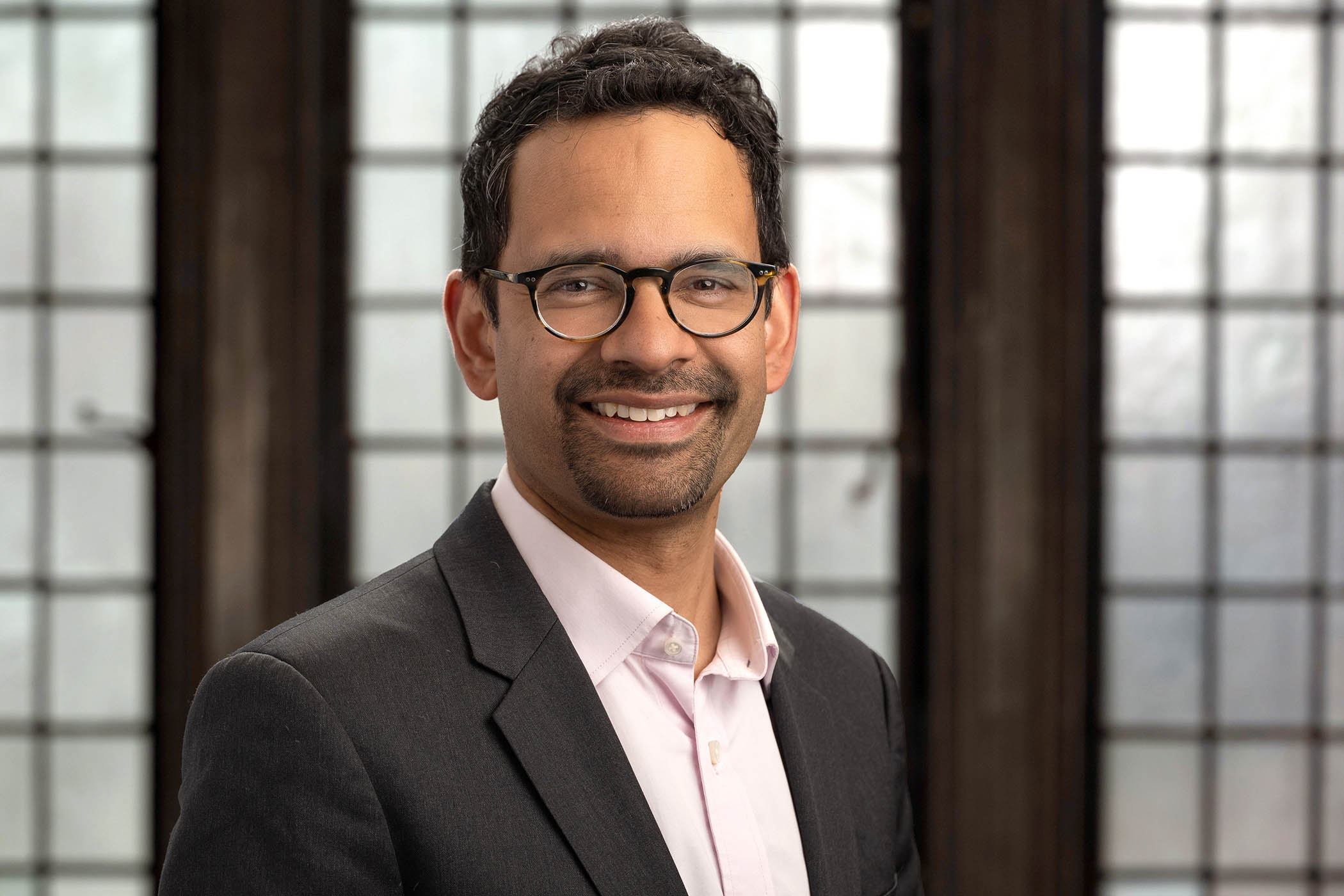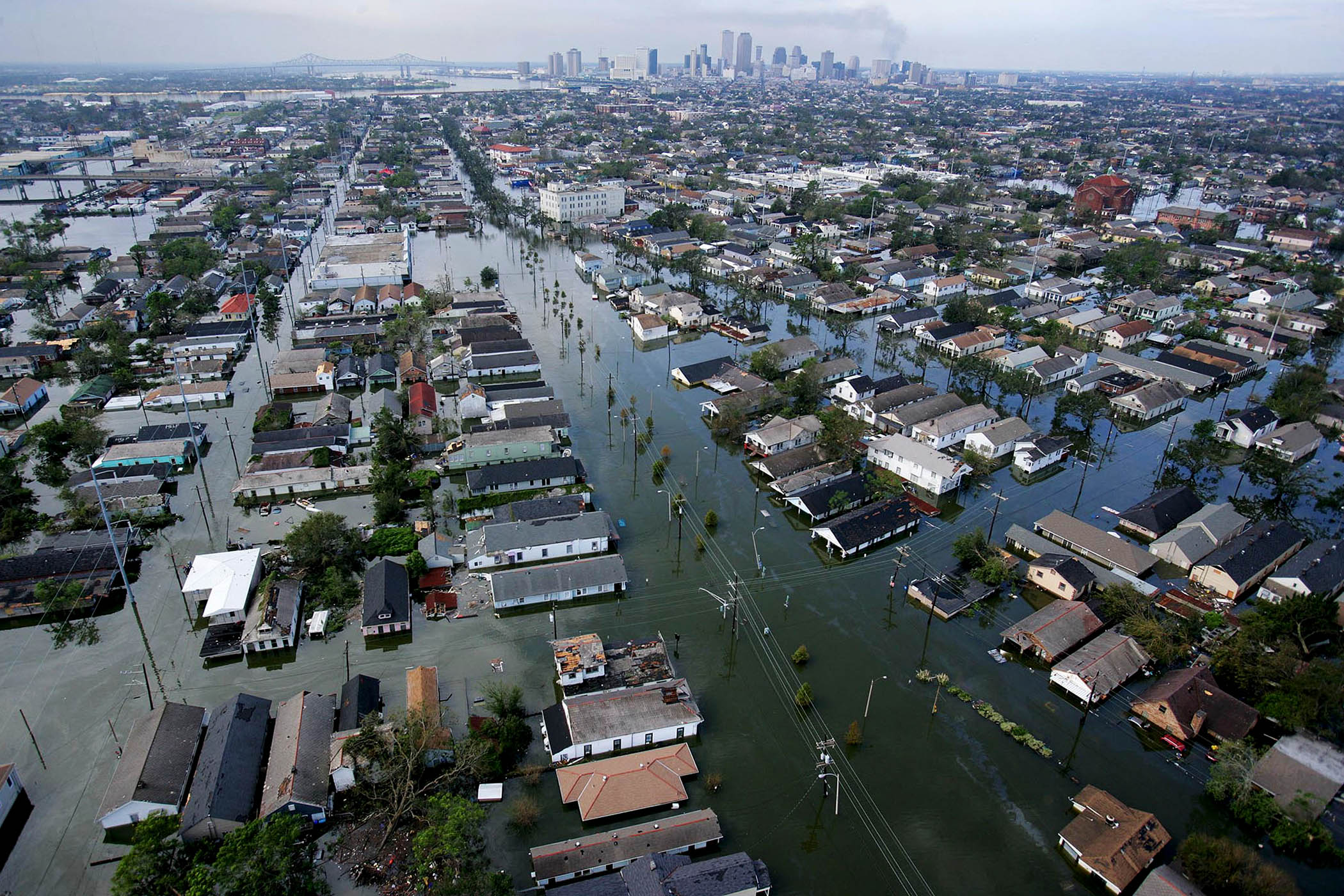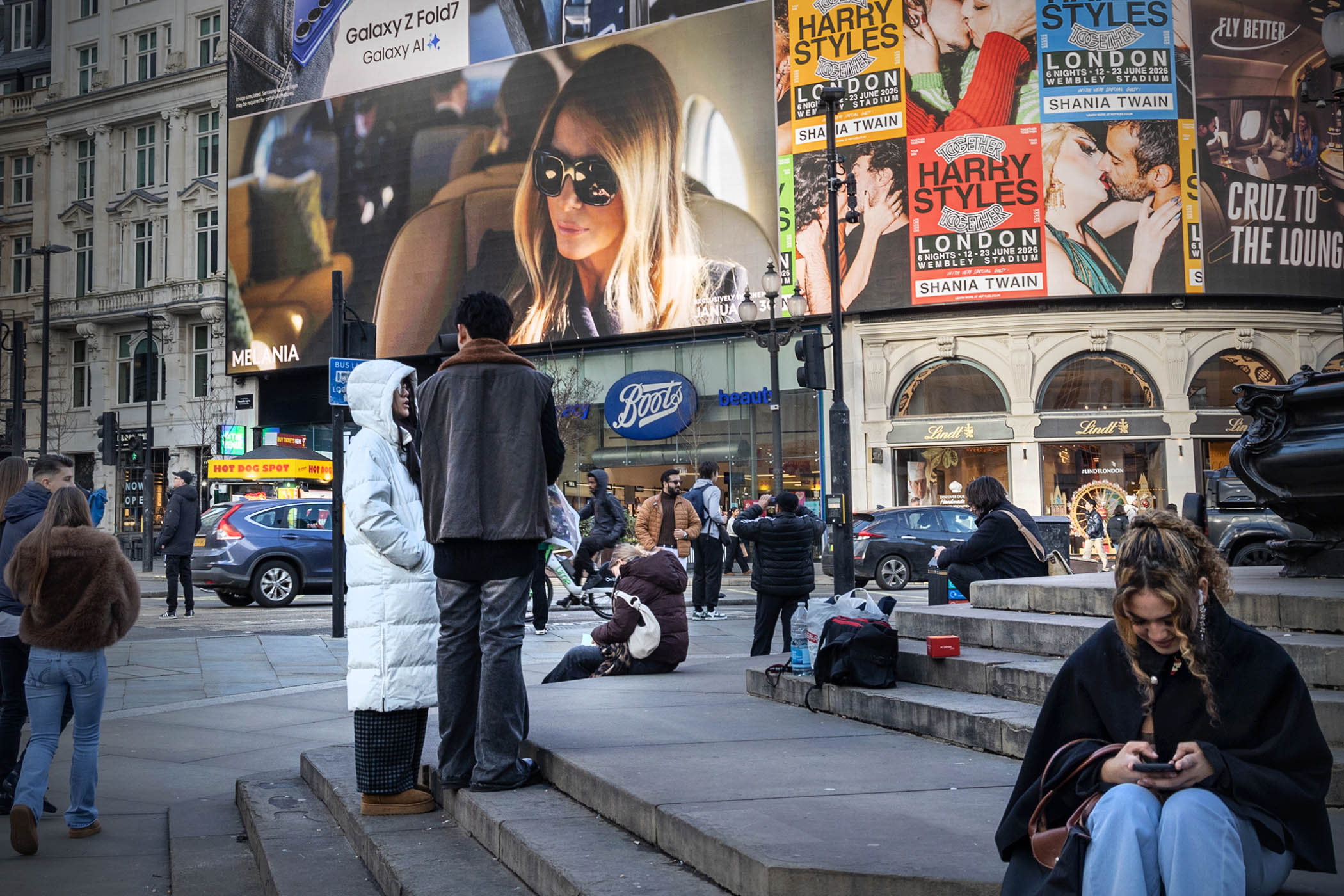If scale of ambition is a measure of significance, the author Sunil Amrith cannot be beaten. The Burning Earth, his history of the relationship between humans and nature, covers almost every aspect of global existence for 500 years and more – from the impact of El Niño and the advent of the Black Death to the invention of the air conditioning unit.
Last week, Amrith, a Yale University history professor, was awarded the prestigious £25,000 British Academy book prize for The Burning Earth at a ceremony in London. He triumphed over an international shortlist of six, which included a study of the part played by Orthodox religion in Russia’s war in Ukraine by British journalist Lucy Ash, William Dalrymple’s exploration of India’s historical influence and archaeologist Graeme Lawson’s research into early musical instruments.
Despite the critical interest Amrith’s book has already stirred up, the win was unexpected, he says. “It was a nice surprise. I had multiple moments of doubt and loss of nerve while I was writing it, because of its scale. I’m a traditionally trained historian and I continue to believe a lot of history should be done at an intimate or personal level. But I did feel there was a call for a big-picture, synthetic kind of work,” he says.
“Some of that instinct came from teaching. My work has focused on India and parts of south-east Asia, but I’ve always also taught global environmental history, and that’s often what my students are most interested in.”
The resulting book spans continents and centuries to set out its case that many of our accepted versions of history have been stripped of key contributing factors, such as weather, diet and disease. Prof Rebecca Earle, who chaired the judging panel for the annual nonfiction prize, hailed the book as “a magisterial account of the interconnections between human history and environmental transformation”.

Sunil Amrith
Amrith drew initial courage, he says, from recent creative and scientific moves to put natural phenomena in the centre of the frame: works such as Richard Powers’s 2018 novel The Overstory, a meditation on trees and the destruction of forests via the interlinked stories of nine strangers.
“Powers’s The Overstory was an inspirational lightbulb moment for me,” says Amrith. “It was a different way to think about our relationship with nature. It resonated with the more specialised field of environmental history I’ve been working in for the last 20 years.
“It was also a way to reach an audience beyond a sub-field of professional historians. I put the pieces together, but in a way I hope that doesn’t lose sight of individual experience. That was my guiding principle.”
Related articles:
The question posed by The Burning Earth is: “Who is shaping who, man or nature?” Amrith suggests that power switches back and forth: “Over the last 150 years, human intervention has had a disproportionate influence on nature, rather than the other way round. The paradox is, though, that by causing planetary warming, in some ways we have unleashed the full power of nature.
“After all, there is nothing unnatural about the way every part of the Earth’s system is responding to the accumulation of greenhouse gases in the atmosphere. It is a long and unintended set of consequences to human technological change and economic systems.”
Newsletters
Choose the newsletters you want to receive
View more
For information about how The Observer protects your data, read our Privacy Policy
But if you take a longer view, Amrith argues, things look the other way round. “The affordances of what is possible for humans have often been set by what can be done with the land and how much protection there is.” Because of this, the opening chapters of The Burning Earth describe “the long quest for human societies to just give themselves a small safe margin to live in”.
His account of the development of rice agriculture in China makes this clear: “This is an interesting example, because it is evidence of human ingenuity and human creativity, but it is not about humans dominating nature.”
The balance struck so far between humans and their environment is most easily understood as a journey of three distinct stages. First, a period where nature challenged survival, then a period where humans started to impact on landscape and climate and, finally, the current period, with the inevitable backlash against the “great acceleration” – the fossil-fuelled boom of the mid-20th century in which nature once again dictates to humans.
“This is the sweep of things. But my book would be different if, like some others do, I had taken a 100,000-year span or gone back to the beginning of life on Earth.” Instead, Amrith wanted to foreground human time on the planet.
So he starts when “a certain degree of human dominance was already under way”. Crucially, though, it was never a guaranteed thing. “The point about the devastation of the Black Death, for example, was that it came at the end of a long period of expansion, when human society, for at least those with power and wealth, was starting to think maybe it had cracked this.
“You began to see some hubristic monumental building going on. I mention Angkor Wat in Cambodia in my book, but Sacré Coeur was being built at the same time in Paris.”
The plague was a effective puncture to this buoyant global mood of self-congratulation.
All the same, Amrith, who was born in Kenya and grew up in Singapore, is careful not to counsel self-flagellating despair: “Guilt has been the least effective of the various emotions that environmentalists have mobilised over the last 30 or 40 years,” he says. “We all know human beings respond better to hopeful narratives than to catastrophic ones, so I think the challenge is how to do that without being Pollyannaish and without false hope.”
Amrith does this by focusing on those human actions that have made a positive impact: “There are movements that may not have achieved all their aims. They might even be seen as failures in terms of what they set out to do, but they created change. I talk about the destruction of the Amazon in the 1980s and about the Brazilian campaigner Chico Mendes.
“He didn't think of himself as an environmentalist until late in his life. He thought he was fighting for workers’ rights: those people who were often in a form of debt bondage, both migrant workers and Indigenous workers in the Amazon. It was only much later on, partly when he met an anthropologist and a British filmmaker, that he realised it was very much connected to environmental questions.”
So there is no harsh apocalyptic payoff, despite the book’s doom-laden title. At the award ceremony, Amrith emphasised the value of returning to “the paths not taken” – those strategies that have prevented planetary harm but were then superseded or ignored. “We just need to take precautions with a little humility.”
And there is room, too, for celebrating human advances. He notes in the book that nowhere now has the high infant mortality rates of London in 1900. “I’m coming from a humanistic point of view,” he says. “We can’t look away from so much that has changed for the good. There have been incredible gains in human freedom. A balance is necessary for us to continue to flourish and to expand human capabilities, without staying on a path that will be profoundly destructive to human and other life.”
These necessary and urgent actions are not yet universally agreed, of course. A message of self-limitation is particularly politically unappealing in India, China and Indonesia, Amrith acknowledges.
“It’s understandably not attractive to the middle- and upper-middle classes there. If you look at the Instagram feeds of well-off people in any part of Asia, it is all travel photographs. And they will say: ‘Well, we have only been able to afford this for a generation, whereas mass tourism has been open to at least relatively well-off Europeans since the 1960s or 70s.’
“So I can assure you that the ‘flight shame’ movement in Europe will not find legs in places which are only now emerging into that form of consumption and where it is seen as a form of freedom.”
Shortlisted books: The Baton and the Cross: Russia’s Church from Pagans to Putin by Lucy Ash; The Golden Road: How Ancient India Transformed the World by William Dalrymple; Africonomics: A History of Western Ignorance by Bronwen Everill; Sick of It: The Global Fight for Women’s Health by Sophie Harman; and Sound Tracks: A Musical Detective Story by Graeme Lawson. The 2024 winner was Ross Perlin’s Language City: The Fight to Preserve Endangered Mother Tongues.
Photographs by Vincent Laforet/AFP/Getty Images, British Academy Book Prize



